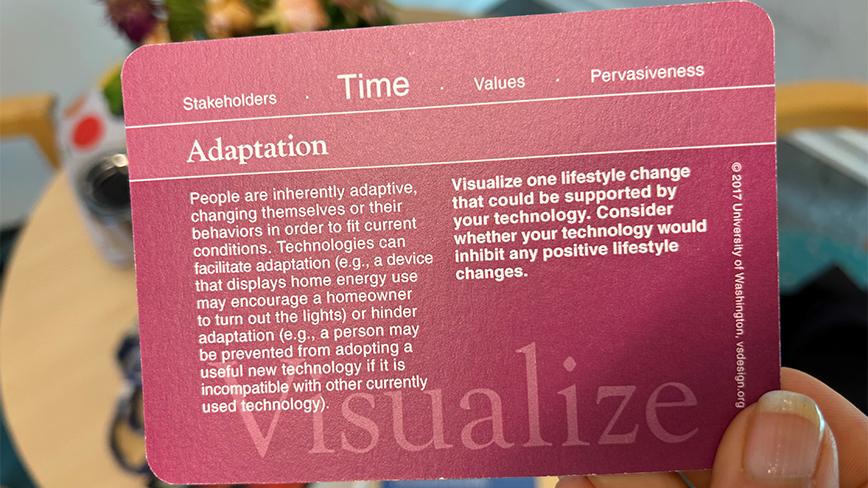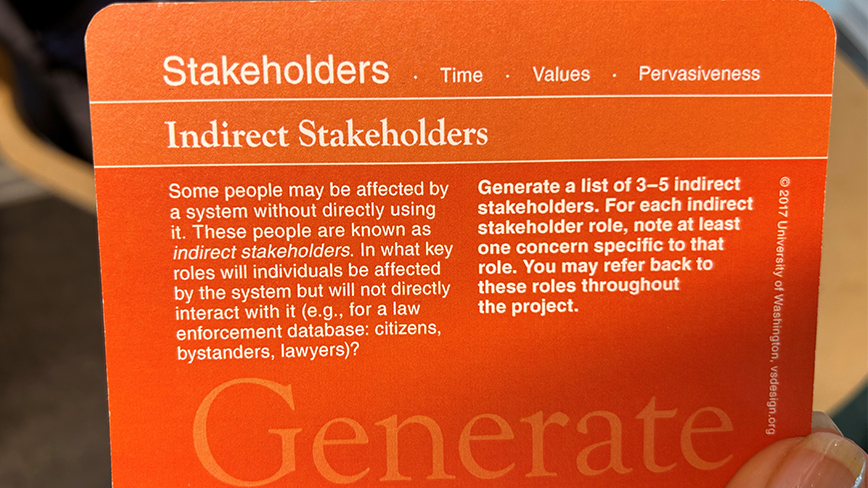DIG-IT Lab aims to leverage benefits of digitalisation for more efficient and sustainable buildings
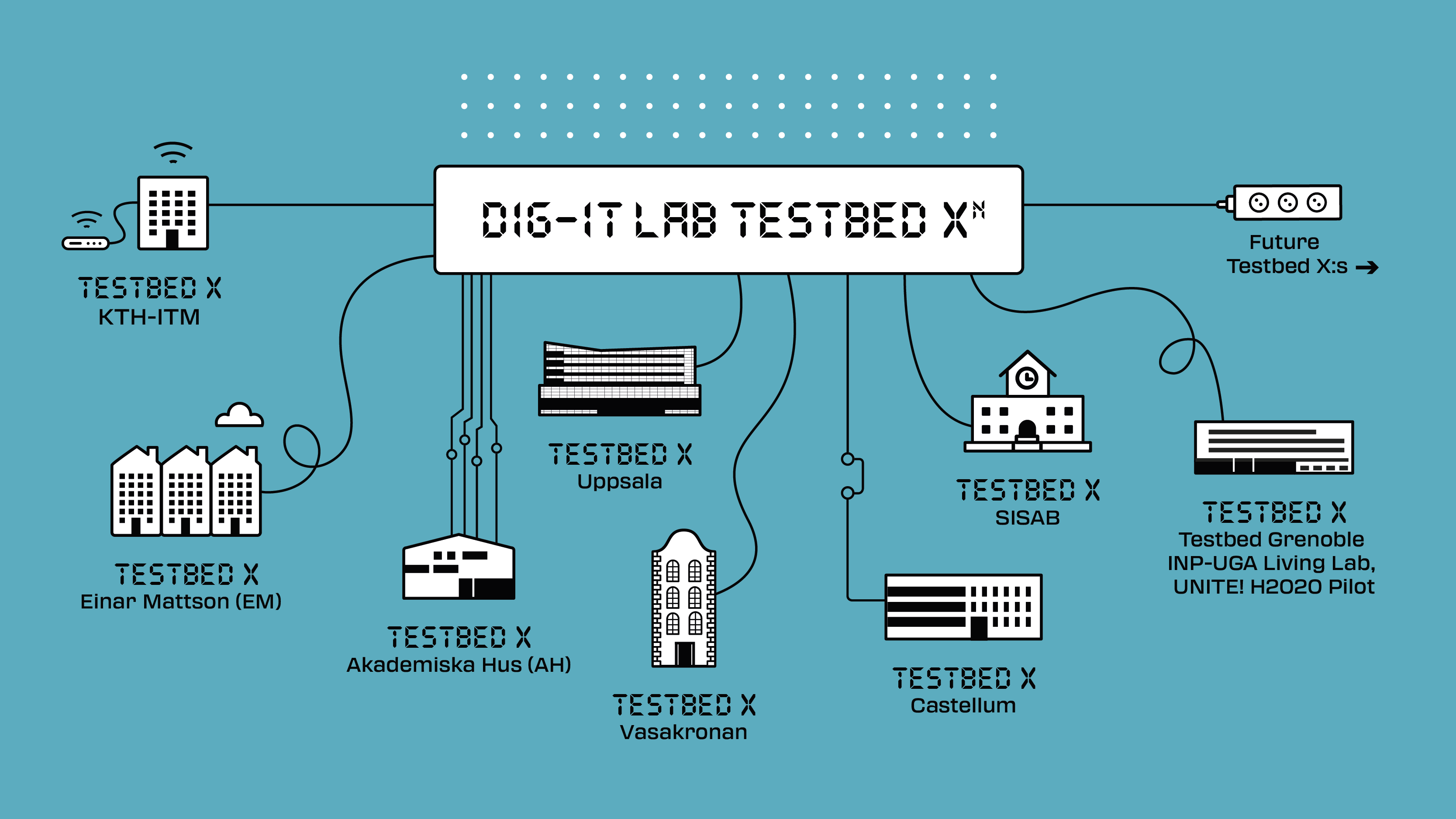
Several researchers from the Architecture and the Built Environment field will participate in the new DIG-IT Lab research centre, an evolution of KTH Live-In Lab. The centre's purpose is to reduce the environmental impact of buildings through digitalisation. We interviewed some of the researchers to understand the roles they will play in the centre.
Imagine a physical property—a commercial space, a school, or a residential building—with its digital twin. The twin is built from digital data and serves as a tool to understand how the property functions and is used. It shows the utilisation of different spaces, the management of the property's various assets, and how the environment and security are perceived. The digital twin can also be used to create more sustainable solutions.
The exact data to be collected for the digital twin is still an open question.
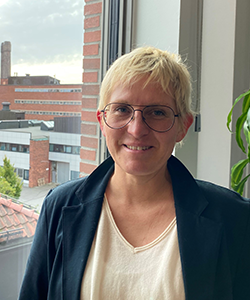
“It can depend on various factors: whether the property is for ownership or rental, whether there are one or multiple property owners, and more. This is exploratory, and with the digital twin, we are building increased understanding that generates new questions,” says Agnieszka Zalejska Jonsson.
She is a Docent at the Department of Real Estate and Construction Management and an Associate Professor in Real Estate Economics focusing on entrepreneurship.
There must be a business case to get property owners to invest in a digital solution. Agnieszka focuses on business with property owners and clients and will examine various business models. A key question is how the digital twin can be developed to provide measurable value and increase business opportunities.
“For the construction industry, this can involve building regulations, procurement, and how they can organize business potential. We will also have many doctoral students working with us," she says.
What is good digitalisation?
Barbro Fröding is a Docent in philosophy, works as a researcher at the Department of Philosophy and History and will integrate ethical considerations into DIG-IT Lab projects. She will develop an ethical policy for issues not covered by current GDPR. She will also conduct ethical advisory sessions to better apply the policy in various projects. What, for example, builds trust, and what hinders it in a specific project?
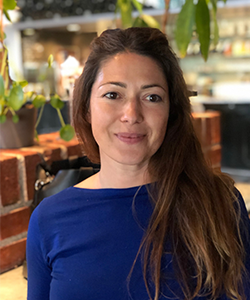
Barbro will also conduct a series of workshops focusing on the social and ethical aspects of using new technologies.
“The method we will use is well-suited for stimulating thinking about the societal effects of using new technologies and can help proactively integrate ethics into developing new solutions,” Barbro Fröding explains.
In their work, they will use envisioning cards, where participants can quickly and directly think about and discuss practical situations and ethics.
“Here, the focus is on discussing how to do something better rather than focusing on not making mistakes. I believe this will lead to more exciting conversations.”
The workshops will involve all partners in DIG-IT Lab to promote ethical awareness and choices. Engineers can actively incorporate values such as equality, sustainability, collaboration, and diversity into the design process. The method also allows for identifying stakeholders, potential value conflicts, and reducing the risk of adverse outcomes.
Dig-IT Lab begins its operations on January 1, 2024. Read more about Dig-IT Lab >


